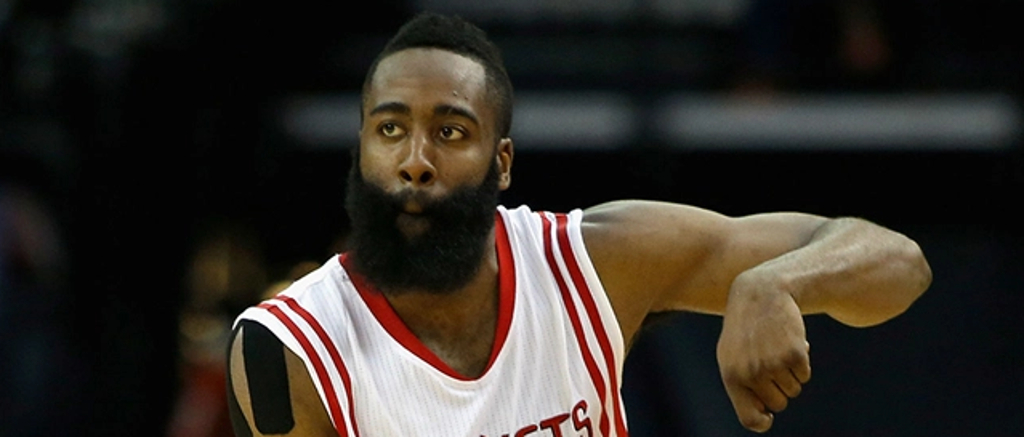It has been a very difficult year for the Houston Rockets and their new leadership, as general manager Rafael Stone and head coach Stephen Silas have been tasked with picking up the pieces after the mass exodus from the franchise after last season. The departure of Daryl Morey and Mike D’Antoni precipitated trade requests from Russell Westbrook and, more importantly, James Harden. Other veterans on the roster, like P.J. Tucker, likewise wanted out, and while it appears the Rockets did well in flipping Westbrook for John Wall and picks, the Harden trade has been, to this point, an unmitigated disaster.
The Rockets opted to go with the Brooklyn Nets’ offer that was headlined by three first-round picks going to Houston and four pick swap rights, along with Caris LeVert and Jarrett Allen. Houston turned that into a massive four-team deal, with the Rockets passing on LeVert and Allen in favor of a fourth first round pick (a 2022 Bucks first from Cleveland) and Victor Oladipo. The choice to go with another pick that will almost assuredly be at the end of the first round and Oladipo over Allen and LeVert has already backfired, as Oladipo failed to regain his value on the trade market and was dealt for Kelly Olynyk and Avery Bradley, who simply don’t factor into any longterm calculus for the Rockets.
On Monday, general manager Rafael Stone unsurprisingly pushed back on criticism of the trade, saying he’d 100 percent do it again. No one should expect him to say anything different publicly, but the issue is with the way he defended the deal.
GM Rafael Stone on the Rockets’ return — headlined by a historic haul of draft picks — in the James Harden trade: “I would for sure, 100%, do that deal again.”
His complete answer: pic.twitter.com/HnwDs3dtf5
— Tim MacMahon (@espn_macmahon) March 29, 2021
Stone claims the deal can’t be judged until 2030, citing the various picks and swaps the Rockets will have over the next decade from Brooklyn. There’s a decent point to be made with that, although I will say it is a clever ploy from general managers on rebuilds to stretch assets out as long as possible to give themselves a bit more security to “see through” a plan — that plan is often still foisted by impatient ownership, but it’s a smart play. The bigger issue comes in that last paragraph, where Stone tries to make the case that the Harden deal gave them a better chance to compete in a “shorter timeframe,” which somewhat negates any request to hold off nine years to judge the deal.
The choices of the Rockets objectively did not help their short-term prospects. Oladipo was a gamble at the time and one that didn’t pan out, resulting in being shipped off at the deadline for no future assets and no one with a long-term future in Houston. LeVert and Allen, meanwhile, would’ve given them a pair of quality young players under team control for at least two more years after this, in the case of LeVert, and an RFA in Allen that could’ve been kept for four or more. The picks they will receive in the immediate future from the Nets and Bucks are going to be at the end of the first round, which aren’t likely to produce players that are immediately impactful in making Houston competitive. Unless he’s saying that not getting much back in the immediate has let them completely bottom out and given themselves a chance at Cade Cunningham — which, even getting the worst record would only yield a 14 percent chance at the Oklahoma State star — the short-term return on this deal is simply not as good as it should’ve been — not to mention the reported interest from Philly dangling Ben Simmons.
Had Stone simply lauded the future assets the Rockets got in the deal, it’d have been a reasonable argument, even if one folks may disagree with, but to take that stance while also pretending they got positive short-term pieces sees this effort at spinning the Harden deal into a good trade fall apart.







